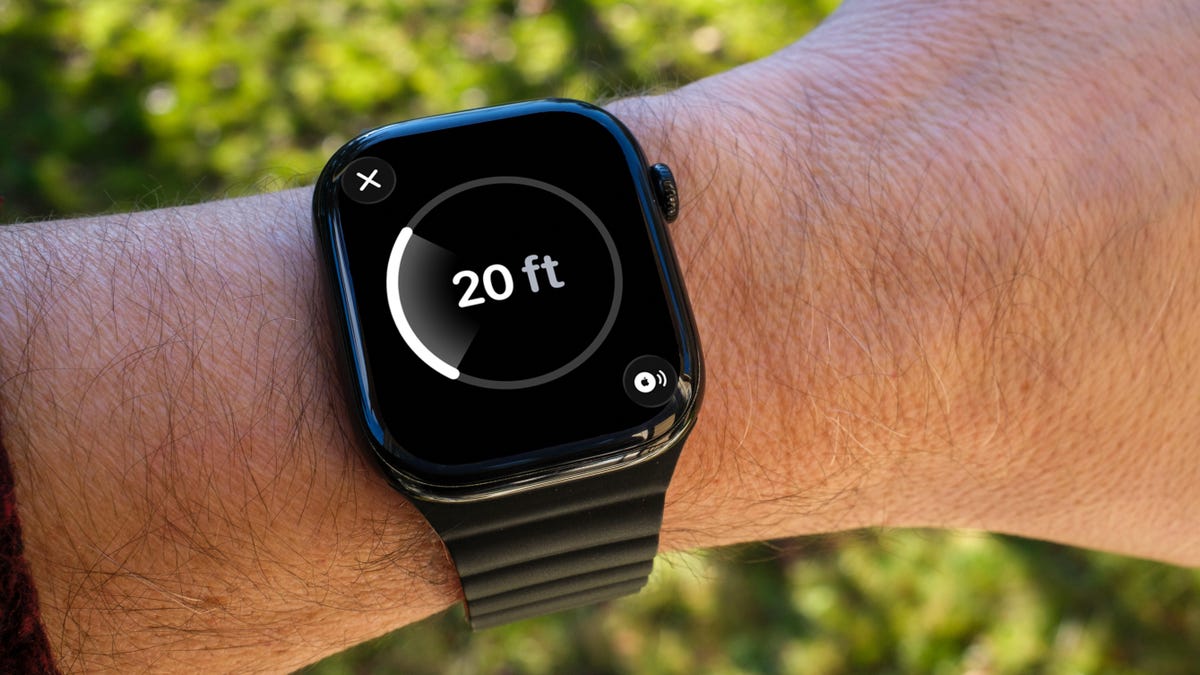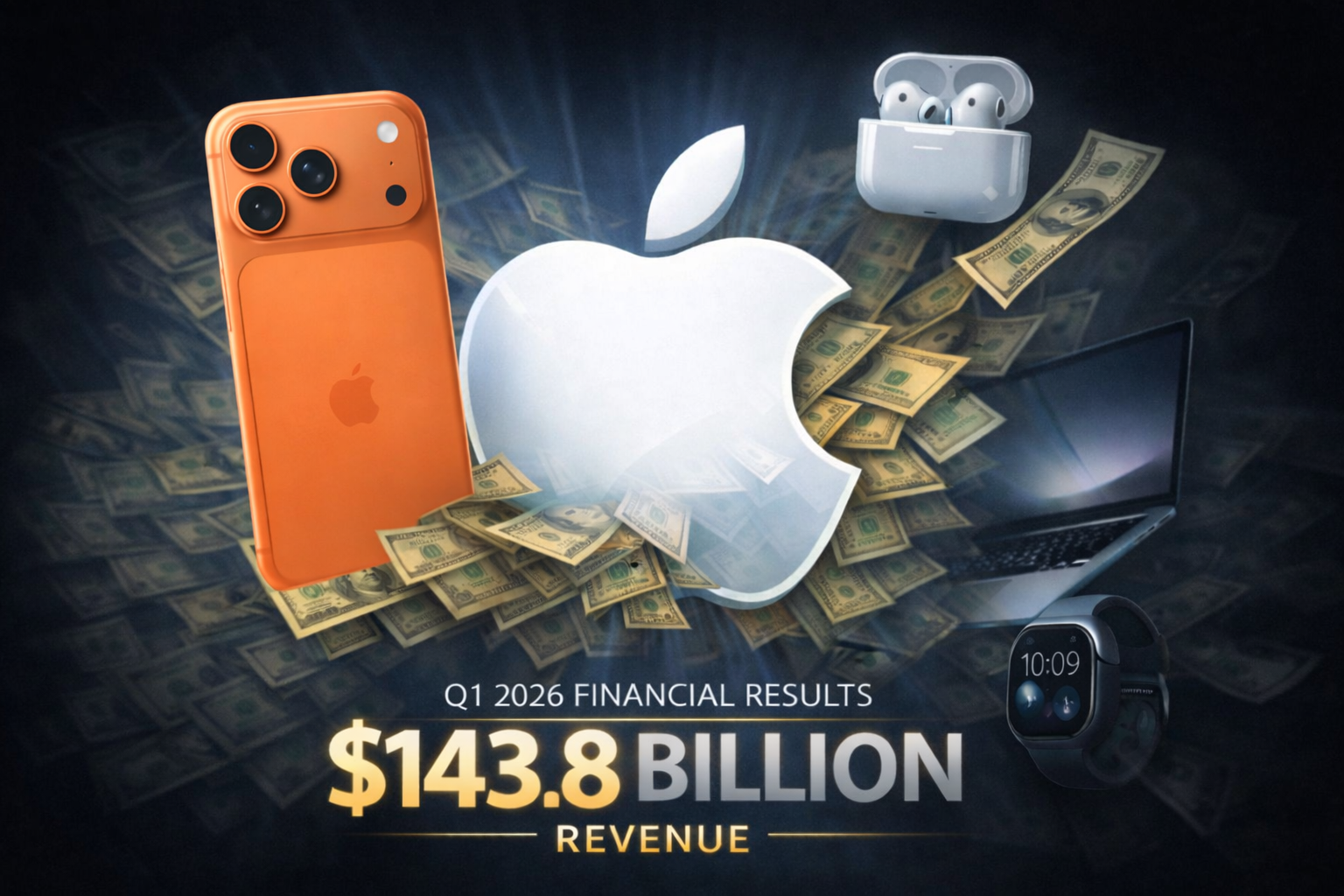Who does not know the popular chatting app WhatsApp? Which enables you to send text messages, pictures and videos to your friends and relatives, according to a report from the company WhatsApp itself - owned by Facebook - we find that the application is first in the number of users who exceed 2 billion users, but that you think about privacy, you might ask is this Free app spying on us? And what is the secret of the new privacy message that many users have when they update the application? Follow us to learn more!

First, let's get to know the secret of this message:

If you update the WhatsApp application, you will receive a message to agree to the terms of the application, which is the privacy policy that includes the terms and conditions, and in most cases you agreed to these terms without hesitation like me, and as soon as you agree to these terms, you allow the parent company Facebook (note Facebook, not WhatsApp only) by obtaining your data, which are as follows:
- Your phone number and your personal statement.
- All your contacts.
- Your geographical location, in the event that you have activated the feature to access the site through the settings of your device.
- Your personal photo and the photos and videos that you share.
- Information available about your device, such as its type.
- Internet Protocol address, which is the digital identifier for any device, known as the IP address.
- Commercial transactions by transferring money to stores or people, as a guarantee of rights in the event of any dispute between you and the merchant or the person to whom the money is transferred, and credit card information, and much other data that the company collects about you, is preserved.

What is new about this information?
WhatsApp has always been proud of its commitment to security and privacy, through encrypted conversations and other important technologies built into the app. But the new ad raised concerns about the exact opposite: Now people's information is not hidden but rather shared with Facebook's parent company.
But what is the truth of the changes, and how anxious are people?
"We may use the information we receive from you, and this information we share may be used to help operate, provide, provide, improve, understand, personalize, support and market our services and offerings."
It was this summary that led to concerns and concerns that private WhatsApp user data may not be as protected as we are used to, but rather is being shared.
One thing to note is that the "information" that WhatsApp collects is not just conversations, it is encrypted and thus the company cannot see it even if it wanted to. Instead, the information is personal data such as users' phone number, their contacts, profile names, photos, and diagnostic data.
As such, there is no concern - at least not yet - that private WhatsApp conversations will be harvested for use in advertisements or other purposes by Facebook, for example.
Moreover, WhatsApp announced that European users will not see any changes in the use of their data, even if they agree to the terms.
A WhatsApp spokesperson said: “There are no changes to WhatsApp data-sharing practices in the European region (including the United Kingdom) arising from the updated Terms of Service and Privacy Policy.”
This is because the European region has strict laws to preserve the privacy of users, and therefore, at the present time, there is no intention to enter Facebook in a new conflict.
In the end, we use different applications to do some tasks, but we do not deny that the information and data collected by these companies benefit them greatly from the marketing and advertising side of products, which brings them more profits, but do these applications have the right, after we have relied on them, to change their policy? Should we look for an alternative in this case?
The author of the article: Amr Manna
Source:



67 comment